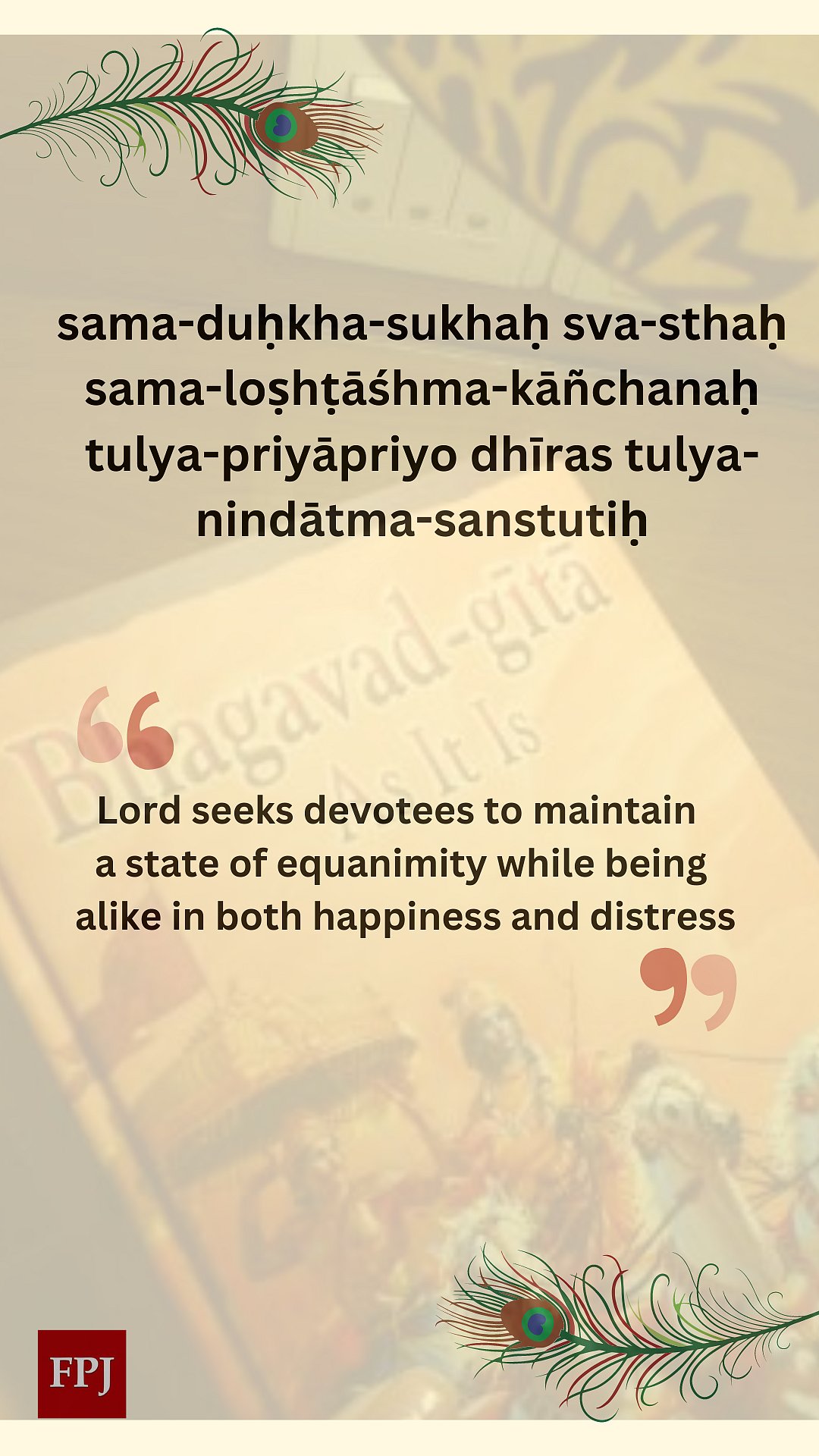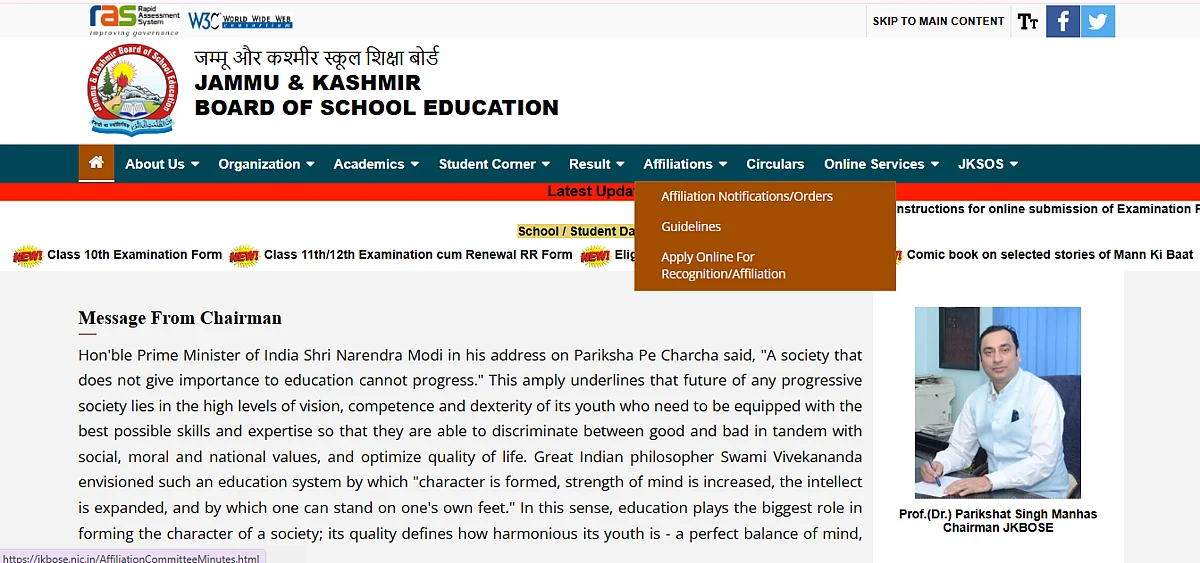“Long ago I studied the ancient Indian languages, and while I was chiefly interested at that time in Philosophy, I read a little poetry too: and I know that my own poetry shows the influence of Indian thought and sensibility.”
[TS Eliot, Christianity and Culture, pp.190–191]
It's an interesting as well as intriguing observation that in the last 200 years, many European poets and scholars like Arthur Schopenhauer, Romain Rolland, Max Muller, Christopher Isherwood, Walt Whitman, Ralph Waldo Emerson, W H Longfellow and Edward FitzGerald (he first studied Oriental Philosophy and then got interested in Persian Mysticism to write Rubaiyat-e-Omar Khayyam). The name of the American poet and Nobel laureate T S Eliot (1888-1965) also figures on this distinguished list as he was influenced by both Hinduism and Buddhism, and especially by the Bhagavad Gītā, which he described as one of the greatest philosophical poems, and by the Mādhyamika or Middle Way Buddhist philosophy of Nāgārjuna. The references to Indian literature are particularly prominent in The Waste Land, several section titles of which themselves reference Indian imagery. Thus for example, ‘The Fire Sermon’ references the sermon of the same name delivered by the Buddha; ‘Death by Water’ engages with Indra’s slaying of Vṛtra to release the waters in the Rig Veda; ‘What the Thunder said’ references the eponymous episode from the Bṛhadāraṇyaka Upanishad.
Now the question is, how and why TS Eliot developed a deep and mystical fascination for the oriental thoughts and philosophies. It's worthwhile to mention that Eliot witnessed two World Wars. He was rather young when the First World War (1914-1919) broke out. The widespread loss and destruction caused by the scourge of war deeply unnerved him. Mindless killings and deaths made him question the very purpose of human existence. He wrote to his contemporary and dear friend Ezra Pound that he was disillusioned with humanity. “If bloodshed is the sole objective of humans and extreme enmity their only outcome, what's the actual purpose of human life?” he asked Pound in a letter. This disillusionment drew him to the Bhagavad Gita and its laws of karma. The purposeful fatalism (arthpoorn praarabdh/bhagyavaad/purusharth) of the Gita provided solace to him. That further triggered his curiosity and along with the universality of the Gita, he started dabbling in the irenic philosophy of Buddhism and Jainism (especially its Anekaantvaad) to find solutions to human miseries. The Second World War disenchanted him further. But by that time, he achieved, what he himself called, some sort of a “philosophical resilience” for which he was immensely thankful to the Eastern thought process and its liberating influence on thinking minds.

Eliot wrote a letter to his friend and fellow philosopher Dr Sarvepalli Radhakrishnan in which he clearly stated that the Eastern concept of empathy, coupled with a sense of all-encompassing compassion, would be the key to universal peace. Professor Dr Edward W Said mentioned this fact in his slim but sublime book Orientalism. Here, it must be taken into consideration that Eliot's love for orientalism was not an infatuation like that of Christopher Isherwood and The Beatles. It was abiding and deeply cogitative. He considered Gandhian non-violence as a manifestation of East's emphasis on passivity at any price. Suffer dishonour and disgrace but never resort to arms. Be bullied, be outraged, be killed. But don't kill. Mind you, Eliot didn't see all these sublime traits of eastern philosophy in the context of Hinduism — it was the overall oriental consciousness that appealed to him. He believed that sooner or later, the troubled world would look towards the East for many an existential conundrum.
Though Eliot remained a devout Christian till the end, he believed that all-encompassing eastern consciousness could prove to be a key to the overwhelming western materialism and dousing the flames of violence, bitterness, rancour, racism and depredation. It was his optimism, drawn from the wells of oriental philosophy, that made him believe that a positive future is not an illusion draped in smoke: it's something manifestable. Despite all its darkness and depravity, Eliot's celebrated and epochal poem, The Waste Land, ends with an image of possible redemption: “Shantih Shantih Shantih” – a Sanskrit assertion which, in other words, means ‘Peace Peace Peace’. We have the tools needed to avoid bringing Eliot’s fantastical visions into reality. Whether we choose to utilise those tools, however, is a different matter altogether.
Lastly, T S Eliot's famous quote, “What is hell? Hell is oneself. Hell is alone, the other figures in it, Merely projections. There is nothing to escape from, And nothing to escape to. One is always alone,” has Upanishadic echoes of Oriental Existentialism. The idea of perpetually and blissfully alone is an oriental thought later redefined and restructured, with a tinge of cynicism, by the western school of Existentialism and its renowned exponents like Jean Paul Sartre, Albert Camus, Martin Heidegger and Soren Kierkegaard, among others.
Sumit Paul is a regular contributor to the world's premier publications and portals in several languages











